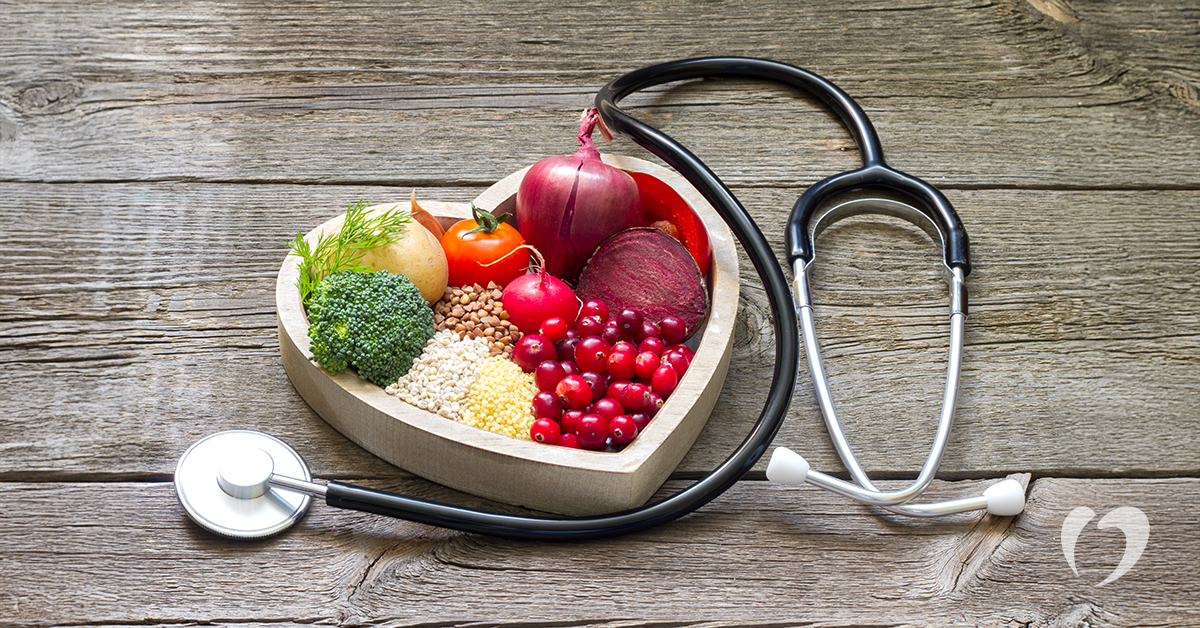Heart-Healthy Habits for Managing Cholesterol

Cholesterol plays an essential role in the body, but too much of the wrong kind can increase the risk of heart disease and stroke. If you’ve recently been told you have high cholesterol or want to take steps toward a healthier heart, you’re not alone. The good news is that small, consistent lifestyle changes can significantly improve your cholesterol levels and overall heart health.
Understanding cholesterol and its impact
Cholesterol is a type of fat that circulates in the bloodstream. Your body produces it naturally, but it’s also found in many foods. While some cholesterol is essential for cell function and hormone production, excess LDL cholesterol, often called “bad” cholesterol, can lead to plaque buildup in the arteries and increase the risk of heart attack and stroke.
On the other hand, HDL cholesterol, known as “good” cholesterol, helps protect the heart by clearing excess cholesterol from the bloodstream. Maintaining a healthy balance means supporting the increase of good cholesterol while keeping bad cholesterol in check.
Eat a heart-healthy diet
One of the most effective ways to manage cholesterol is through diet. The foods you choose can directly impact your cholesterol levels and overall heart health. A diet rich in fiber, healthy fats, and lean proteins can help keep cholesterol in check while reducing the risk of heart disease.
Soluble fiber, found in foods like oats, beans, lentils, apples, and berries, helps lower LDL cholesterol by binding to it and removing it from the bloodstream. Whole grains, such as brown rice and quinoa, are excellent choices for maintaining healthy cholesterol levels. Incorporating heart-healthy fats from sources like avocados, nuts, seeds, and olive oil can increase HDL cholesterol, which helps clear excess cholesterol from the bloodstream. Fatty fish like salmon and mackerel are also beneficial, as they are rich in omega-3 fatty acids that support heart health.
It’s just as important to limit foods that can raise cholesterol. Reducing intake of processed foods, fast food, and baked goods high in trans fats can help lower LDL cholesterol. Limiting saturated fats from red meat, full-fat dairy, and fried foods can also make a difference. Choosing healthier cooking methods, such as grilling, steaming, or baking instead of frying, can further support better cholesterol management.
Maintain a healthy weight
Losing even a small percentage of body weight, about 5 to 10 percent, can lead to meaningful improvements in cholesterol levels. Rather than focusing on restrictive diets, aim for sustainable lifestyle changes. Incorporating nutrient-dense foods, practicing portion control, and listening to hunger cues can support long-term weight management. Staying active and maintaining a balanced diet can help regulate metabolism and prevent weight gain that can negatively affect cholesterol levels.
Avoid smoking and limit alcohol
Smoking directly impacts cholesterol by lowering HDL, or “good” cholesterol. So, in addition to smoke damaging blood vessels and increasing inflammation, cholesterol is more likely to build up in the arteries. Quitting smoking can lead to rapid improvements in cardiovascular health, with benefits starting as soon as a few weeks after quitting.
Alcohol consumption also plays a role in cholesterol management. While moderate alcohol intake — particularly red wine — has been linked to slight increases in HDL cholesterol, excessive drinking can have the opposite effect. Too much alcohol can raise triglyceride levels, contribute to weight gain, and increase the risk of high blood pressure. To maintain heart health, the recommended limit is no more than one drink per day for women and two for men.
Stay active for a stronger heart
Regular physical activity can raise HDL cholesterol while lowering LDL cholesterol. Engaging in at least 150 minutes of moderate exercise or 75 minutes of vigorous exercise each week provides significant heart health benefits. For the best results, aim for a mix of aerobic exercises, which strengthen the heart and improve circulation, and resistance training, which helps manage weight and boost metabolism.
Consider medication if necessary
For some individuals, lifestyle changes alone may not be enough to manage cholesterol effectively. Cholesterol-lowering medications, such as statins, help reduce LDL cholesterol and decrease the risk of heart disease. Consulting a doctor can help determine the best approach based on individual health needs.
Take control of your heart health
Managing cholesterol is about progress, not perfection. Small, sustainable changes can make a lasting impact on your heart health. Whether you’re making dietary adjustments, increasing your activity level, or working with your doctor on a personalized plan, every effort counts.
If you’re ready to take control of your heart health, the team at the Oklahoma Heart Hospital is here to help. Schedule an appointment today to learn more about cholesterol management and get personalized guidance for your health journey.
